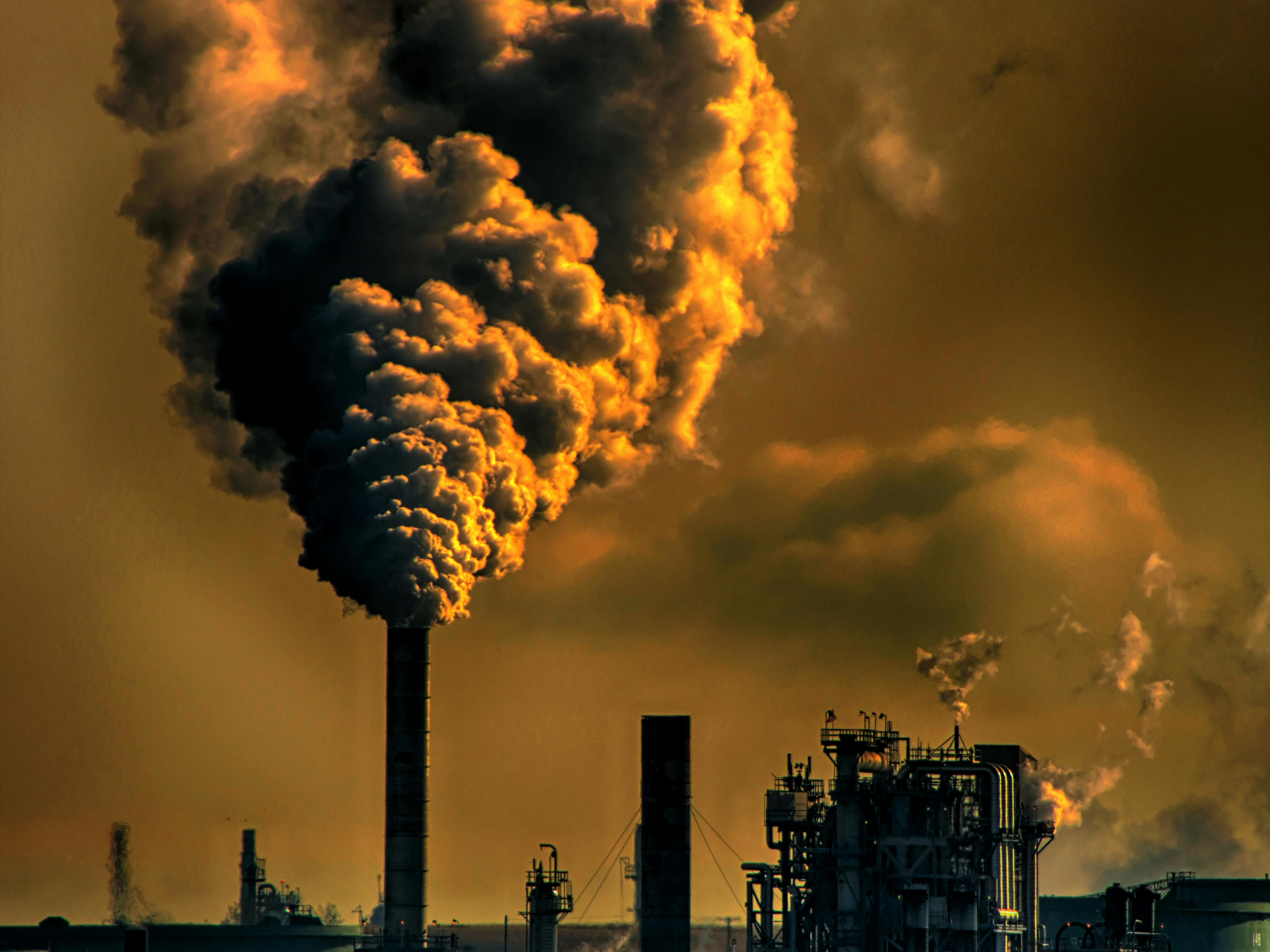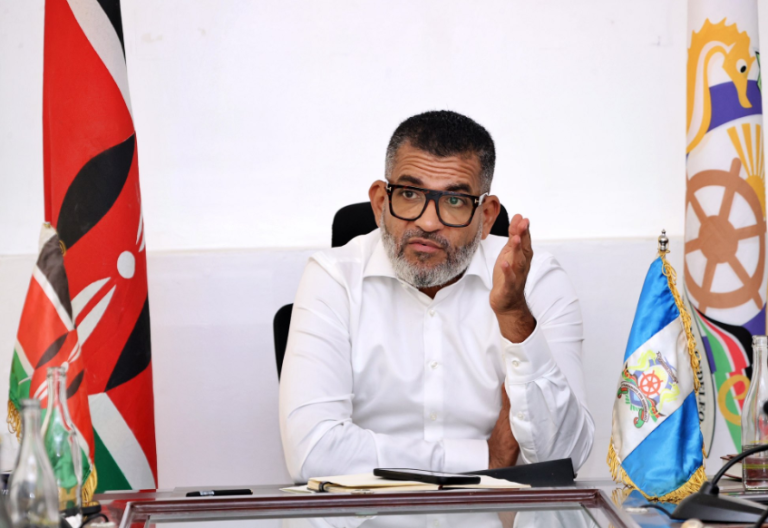UN for action as emissions force rising temperatures

The United Nations has renewed its call for urgent global action to avert the fast spreading ravages of climate changes as the world grapples with rising temperatures due to emissions.
According to the UN, nations must collectively commit to cutting 42 per cent off annual greenhouse gas emissions by 2030 and 57 per cent by 2035.
To avert the worst impacts of climate change and preserve a livable planet, scientists have advised that global temperature increase must be capped at 1.5°C above pre-industrial levels. Currently, the earth is already about 1.2°C warmer than it was in the late 1800s, and emissions continue to rise.
After the 21st Conference of the Parties (COP21) held in France in 2015, the Paris Agreement was made where countries were supposed to create their individual Nationally Determined Contributions (NDCs) as a way of showing their commitment to reducing their greenhouse gas emissions.
To keep global warming to no more than 1.5°C – as called for in the Paris Agreement – emissions need to be reduced by 45% by 2030 and reach net zero by 2050. Nations are expected to submit their updated NDCs early next year ahead of the COP30 climate talks in Brazil.
The UN warned that if the new NDCs don’t contain heightened efforts to tackle climate change, the world will be at risk of a temperature increase of between 2.6 and 3.1°C in the remaining years of this century
Full implementation
“This would bring debilitating impacts to people, the planet and economies. The 2.6°C scenario is based on the full implementation of current unconditional and conditional NDCs.
Implementing only current unconditional NDCs would lead to 2.8°C of warming. Continuing with current policies only would lead to 3.1°C of warming,” the United Nations Environment Programme (UNEP) said in the newly launched Emissions Gap Report 2024.
UNEP cautioned that under these scenarios which all operate on a probability of over 66 per cent – temperatures would continue to rise into the next century.
The UN agency said that countries have shown low confidence in the implementation of net-zero pledges yet if implemented fully together with unconditional and conditional NDCs, global warming could be limited to 1.9°C.











